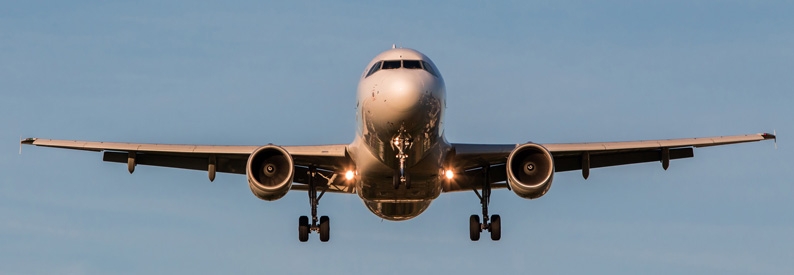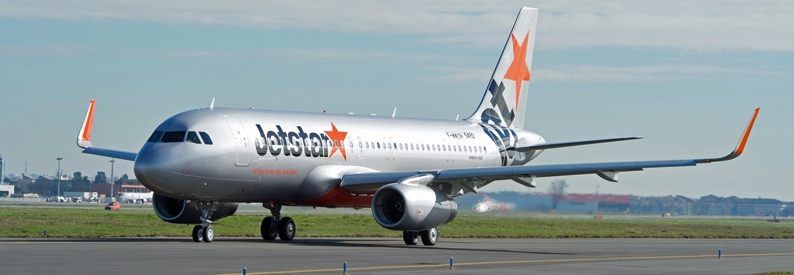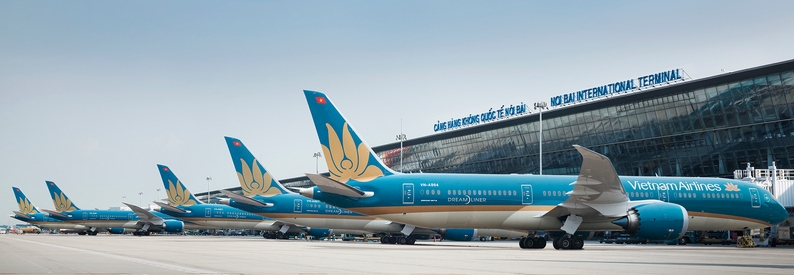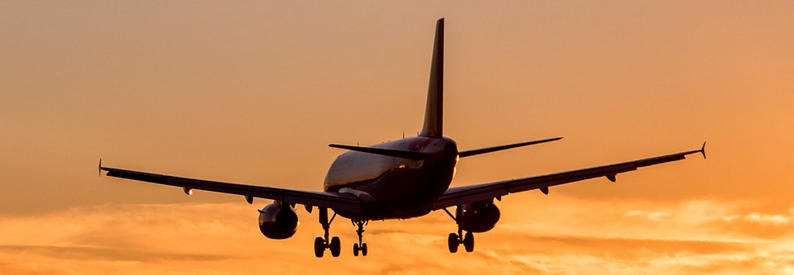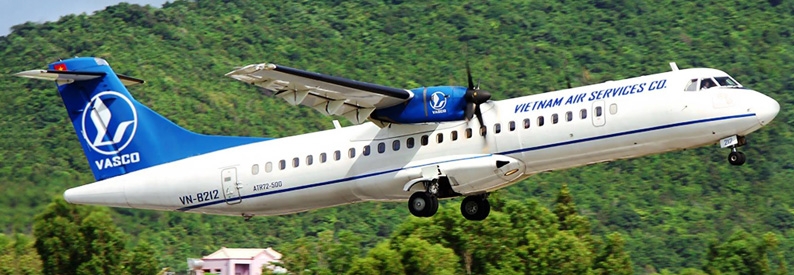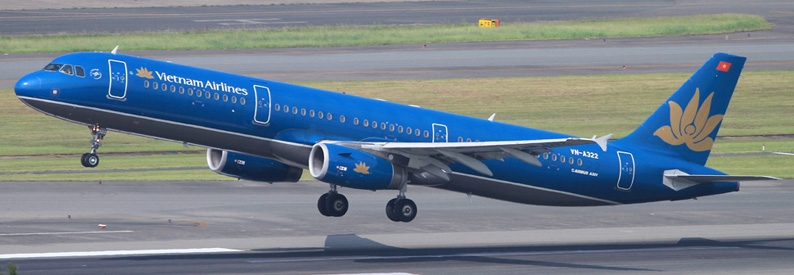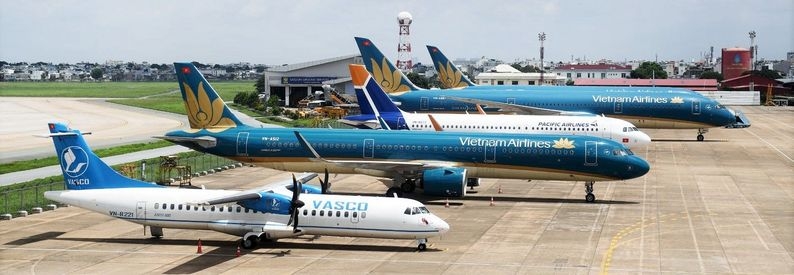Vietnam Airlines (VN, Hanoi Noi Bai International) stock is again at risk of delisting, after the Ho Chi Minh City Stock Exchange sent a notice to the flag carrier to that effect on September 8.
The shares of a public company are likely to be delisted in Viet Nam if it suffers losses for three consecutive years, or if the total accumulated loss exceeds the contributed charter capital, or if its equity is negative.
Vietnam Airlines sustained losses of almost VND11 trillion dong (USD467 million) in 2020 and VND13 trillion (USD552 million) in 2021, while recently released 2022 half-year consolidated financial statements spotlighted a further net loss in excess of VND5.1 trillion (USD217 million).
As of the end of the second quarter, it had accumulated losses of around VND29 trillion (USD1.23 billion), and its equity was negative VND4.9 trillion (USD208 million). Liabilities exceeded assets by VND36.44 trillion (USD1.55 billion) and overdue payables stood at more than VND14.85 trillion (USD637 million). Deloitte Vietnam warned in the report that the carrier could find it difficult to sustain its operations.
The financially challenged national carrier itself foresees a pre-tax loss of VND9.3 trillion (USD396 million) for 2022. But in a statement in response to the stock exchange, it said it would seek to further restructure its finances and issue more shares to raise capital.
One year ago, Vietnam Airlines ventured into negative equity territory for the first time with its financial report for the first half of 2021 and as a consequence faced a delisting risk. It managed to avoid that after issuing 800 million additional shares worth VND8 trillion (USD340 million). However, given the scale of the ongoing losses, the bourse cast the shares into controlled status from November 3. Since then, it has been fined for not disclosing its subsequent financial reports on time, among other breaches of the regulations.
In an interview with the newspaper Dân Việt on September 8, Vietnam Airlines CEO Lê Hổng Hà acknowledged the risk of delisting but emphasised that the company was narrowing its losses despite high fuel costs and unfavourable exchange rates.
“In this project, there are specific solutions on how to restructure the investment portfolio of Vietnam Airlines to achieve both revenue and profit. Good business results will solve the problem of negative equity in 2022,” he assured. “In the post-Covid era, in 2022, the aviation industry continues to face many difficulties, such as the cost of fuel which at Vietnam Airlines accounts for 30% of operating costs. With low-cost airlines it can be up to 35%-40%.”
- Type
- Base
- Aircraft
- Destinations
- Routes
- Daily Flights

